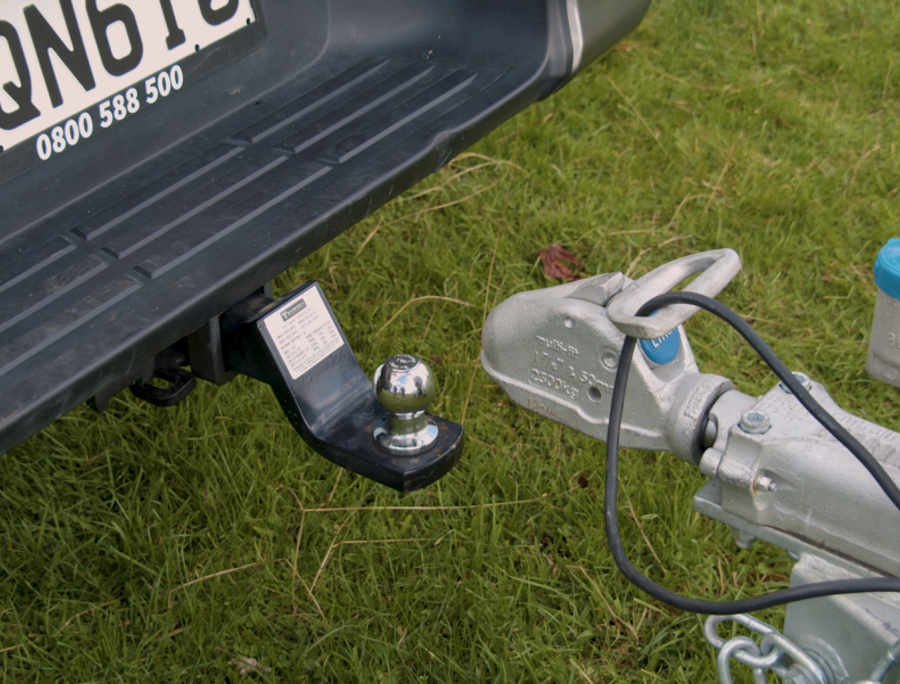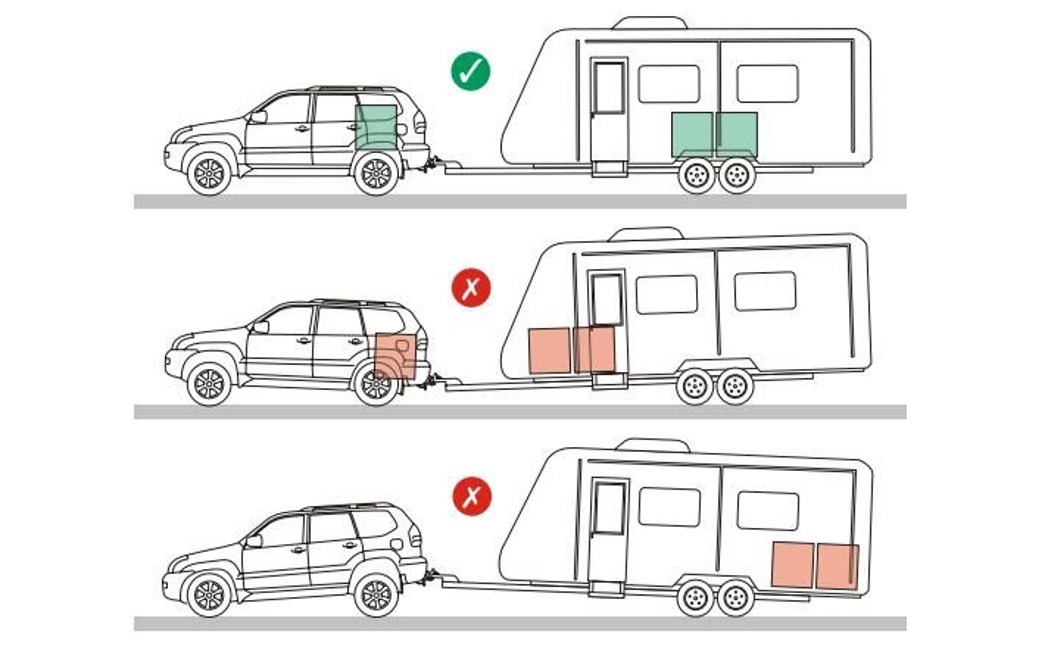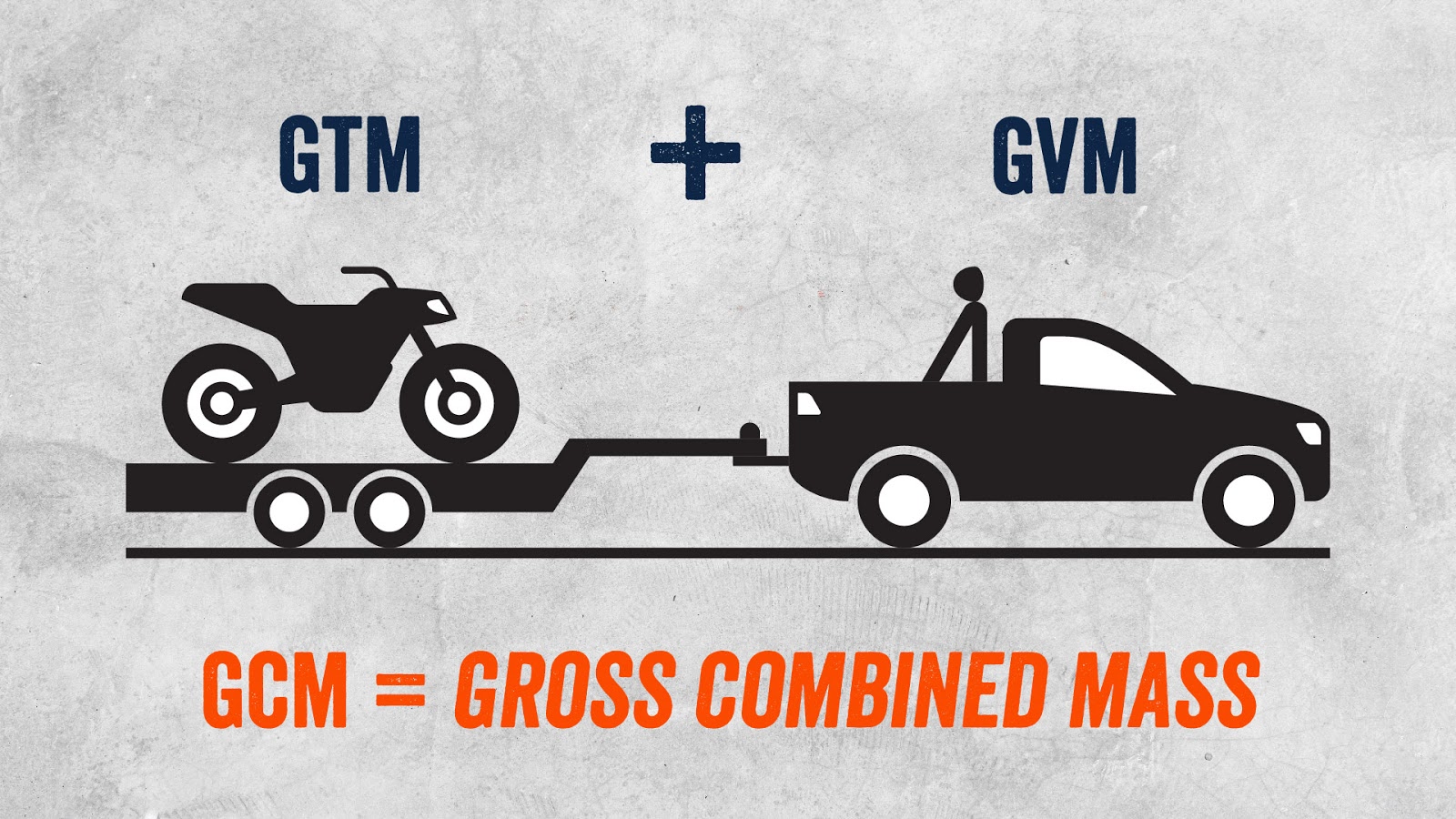Hire cart - {{ cart.TotalQuantity }} item{{ (cart.TotalQuantity != 1 ? 's' : '') }}
Cart is empty. Add gear you want to your hire cart and review them here.
There are no branches matching your search.
Login to view or create favourites and other benefits.
Register to start speeding up your hire process and keep track of your hire history.
Nice to see you again. We've made a few changes since you were last here.
Pick a colour
Favourites ({{ userFavourites.length }})
Add your frequently hired items to easily view and hire them again.
Keep your contact information with us up to date so you get the latest and best rates with us.
Hire cart - {{ cart.TotalQuantity }} item{{ (cart.TotalQuantity != 1 ? 's' : '') }}
Cart is empty. Add gear you want to your hire cart and review them here.

There are many things that you need to know before hitching on a trailer and hitting the road, one of which is towing capacity. If you haven’t heard of this before, we’ve got a great guide below which covers the what, why and how, so you can get your project done safely.
Whether you are completing a job, or taking on a bigger DIY project at home, understanding towing capacity will ensure you are keeping yourself and others safe on the road.
Simply put, towing capacity is the maximum weight your vehicle can tow safely. Just because a vehicle can still move with a packed trailer, it doesn’t mean you are carrying a safe load.
There are 3 important weights for you to take into account:
If you are still a bit unsure on how to find out about different weights, just head into a local Hirepool branch and they will be able to use their knowledge to guide you in the right direction.
It’s important to keep in mind that some vehicles are made to tow, such as SUV’s or Utes. They often come with tow bars installed, and therefore the vehicle weight may already have the tow bar weight included.
For cars that have tow bars specially installed, you may need to do some extra weight calculations especially if you were not the owner that had it installed.
Before you tow anything, ensure you know the weight of the tow bar itself by checking that with a mechanic or specialised installer.
It’s also worth checking that your car is suitable for towing in general, as there is no guarantee the person that installed it did check.
There are two common sizes for a tow ball on vehicles, the most common in New Zealand being 1 7/8”, however a lot of imported cars have a 50” ball, so you should check this before hitching a trailer. Hirepool trailers are all fitted with multi-fit couplings, so you’re covered for either tow ball size. Your trailer should always be towed level, and using the wrong size may put strain on your vehicle or make the overall attachment very loose and dangerous.
If you are the driver of the vehicle who is legally responsible for the safe and compliant use of the vehicle, you should ensure that a multi-fit coupling is set correctly according to the size of the tow ball. 50 mm tow balls and couplings are readily available from many auto parts store if the vehicle's owner prefers to make that choice.
Top tip from NZTA: There must be a small amount of downwards force on the tow ball by the trailer. Ideally this is about 5-10% of the trailer’s weight, but unless there are a set of scales handy it’s impossible to really know. The easiest way to judge this is that an average person should be able to lift the drawbar of the trailer on and off the tow ball, but with some effort.

Assuming your car will be ok for towing is never a good idea, as it can cause undue stress on the vehicle and pose some safety risks on the road. Although we live busy lives and want to just get things done quickly, it’s important to acknowledge the risks that come with towing over your capacity.
Here are some of the dangers associated with towing when you shouldn’t be:
Break downs
If you break down with a trailer attached to your vehicle it can cause problems with getting you off the road safely as another vehicle will then need to come and hitch your trailer in order to move it.
Serious engine damage
If your vehicle does not have the capacity to tow what you are carrying you could put a strain on the car and cause problems that are expensive to fix such as gearbox damage.
Accidents
If you are using a vehicle that isn’t suitable or safe for towing you put other drivers at risk, and there is a chance your insurance company may not pay out for damages.
As we’ve mentioned, there are weights that help you to calculate your towing capacity, but there are other weight factors for your car that you should also consider. When calculating towing capacity, every little bit of weight counts, and it all adds up.
Here are some of the things you should consider when it comes to weight:
Car modifications
Remember anything that is not a factory-supplied item will not be included under the car weight in the manual. For example mag wheels, speakers or, spoilers.
Car accessories
All the small things add up so don’t forget about items that live in your car like a first aid kit, tools or car oil.
Personal items
If you are heading off on a trip remember to account for the weight of all your personal items like camping gear, luggage, chilly bins or sports gear.
People and petrol
Remember that a full tank of gas and people add to the overall weight.
Finding the vehicle and trailer weight may be simple, but as for the weight of what you are carrying you will need to do your research. Things might weigh more than you think so checking is important.
Here are some different ways you can find out the weights of different items:
Weight estimator
There are websites online that can give you an indication of how much something might weigh. It’s important that you use those only as a guide and don’t rely on them as your source of truth if you’re getting close to the max towing capacity.
Ask the manufacturer
If you can’t find your vehicle handbook then get in touch with the manufacturer or find a handbook online.
Ask someone who works at a weigh station
If you ask nicely you may be able to find out the approximate weight of something from a person at a weigh station.
Ask a team member at Hirepool
The Hirepool team have lots of experience and will be able to help you work out the weight of the gear you are hiring and moving with a trailer, or offer advice on the load you plan to move.
Now that we’ve covered what towing capacity is and some of the things you should consider, it’s time to weigh in, literally.
Here’s how to calculate how much weight you can tow:
GVM (gross vehicle mass) - this is your vehicle weight including anything added to or in the vehicle
GCM (Gross combined mass) - your car will have a maximum GCM shown in the car manual. When your car, trailer and anything being carried is added up, the total weight should not go over this number
GTM (gross trailer mass) - this is your trailer weight and anything being carried. The trailer weight should be provided when you hire a trailer, otherwise you may be able to ask the manufacturer
Towing capacity:
GCM - GVM = GTM

There is one more check that needs to happen before you begin, and it’s the condition of your vehicle.
Some important pre-checks before using a trailer are:
At Hirepool, we have a range of trailers available to suit your needs, and our team is armed with the information to make towing easy. Head to our trailer page to learn more about our range of trailers and book your trailer easily online for collection from your nearest branch.
Low Stock Call First
High Demand Product: We suggest making a booking for this item in advance.
Low Stock Call First
High Demand Product: We suggest making a booking for this item in advance.
Low Stock Call First
High Demand Product: We suggest making a booking for this item in advance.
Low Stock Call First
High Demand Product: We suggest making a booking for this item in advance.